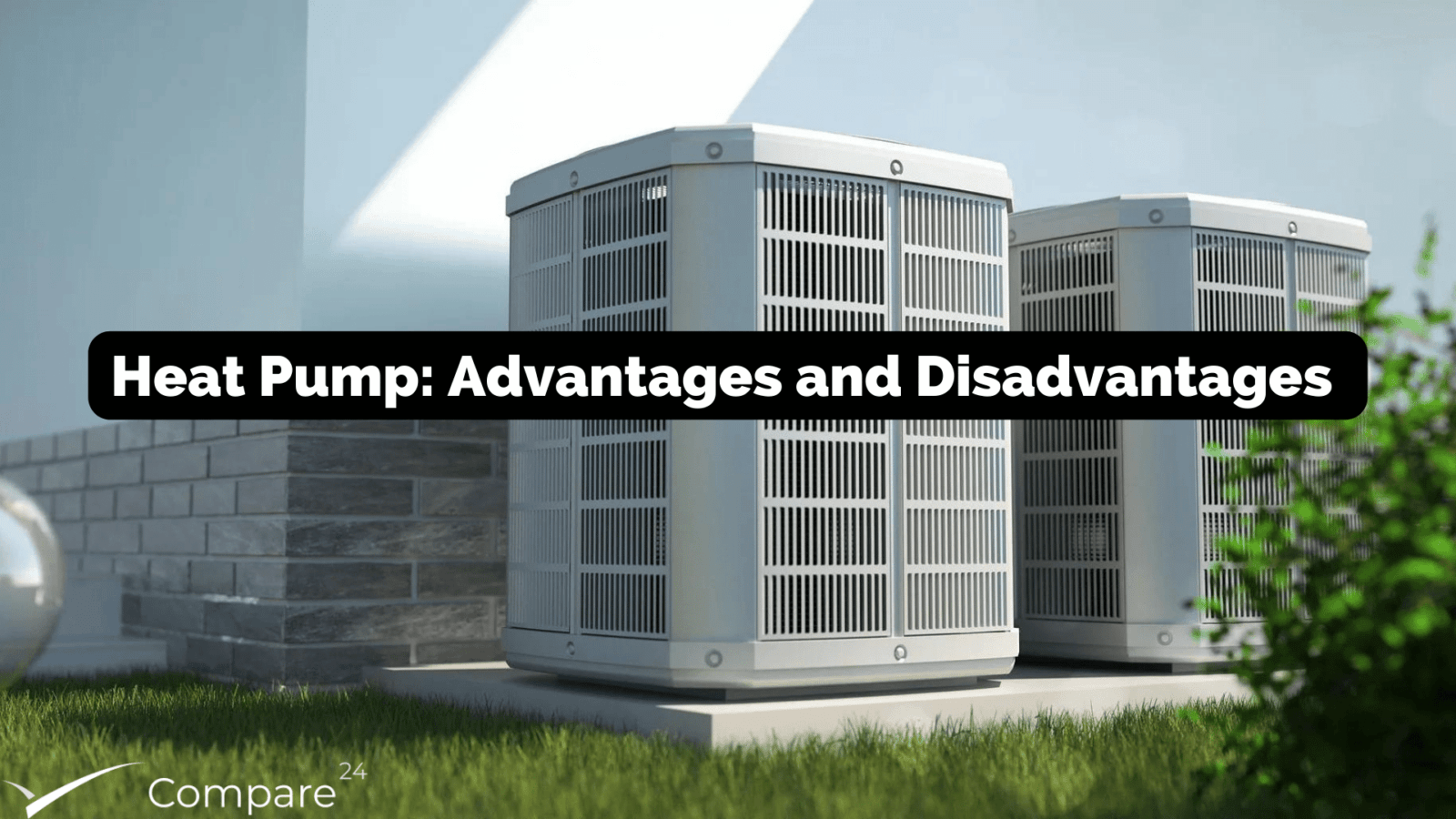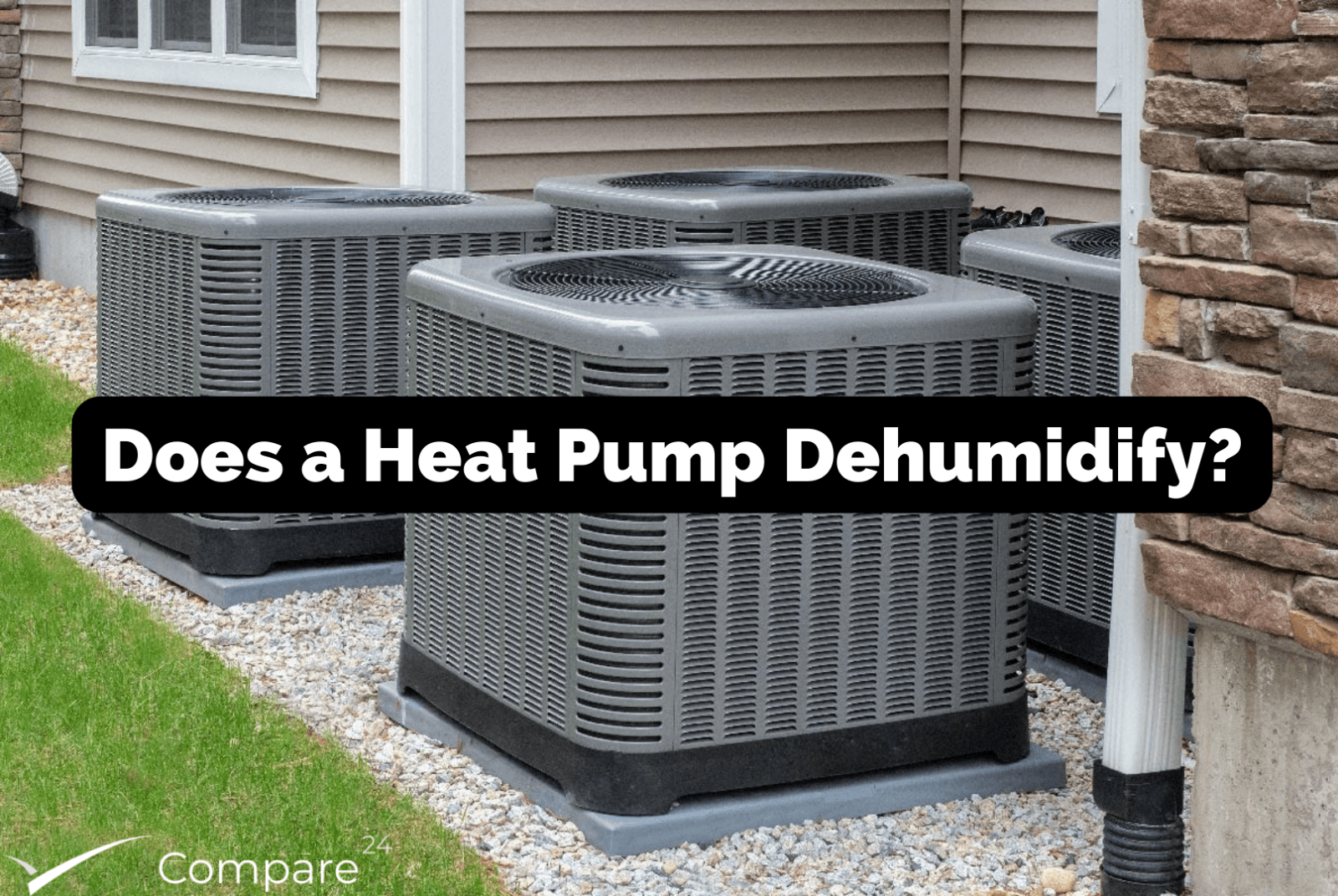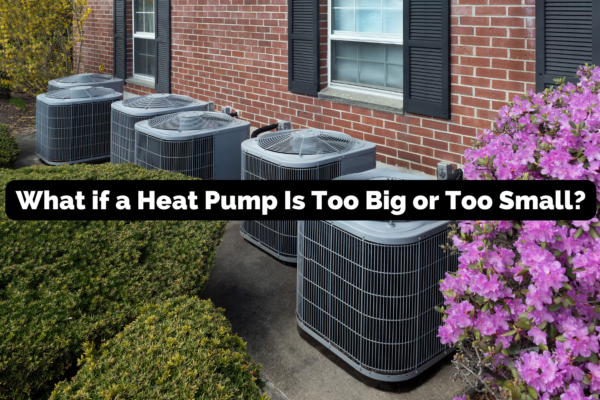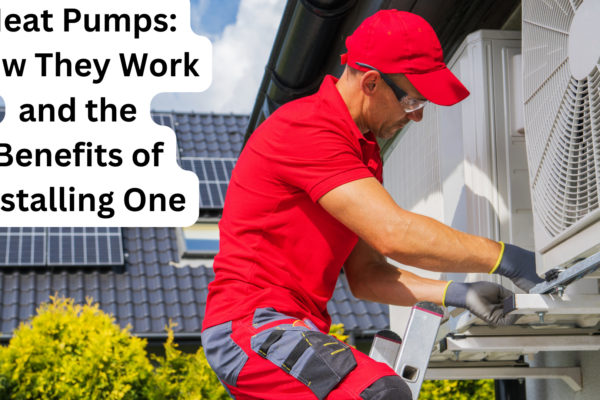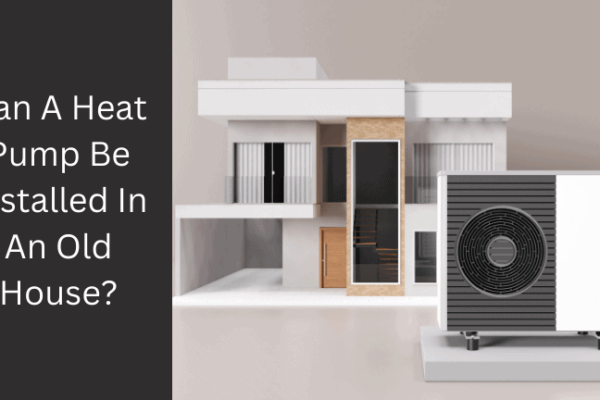A heat pump can be an important future investment that allows you to save money while increasing the energy efficiency of your house, but with every investment, we make whether it is to improve our homes or retire we need to consider the pros and cons of our choice.
The upfront cost of a heat pump also leaves homeowners thinking if it is really worth installing this type of system, and whether or not there other options that are cheaper. In this guide, we will go over each and every advantage and disadvantage of installing a heat pump. So that you can decide if it is worth it to install it in your home.
Heat pump advantages
Requires less maintenance than traditional systems
Heating systems such as gas fireplaces, or furnaces require additional maintenance and attention due to the risks involved. You always want to make sure the system is working well and is safe to use. Heat pumps on the other hand require only annual maintenance.
While you should always hire a professional to do a yearly check on your heat pump, if you are interested you can learn how to do it yourself.
Low cost to maintain and run
Additionally, the cost of the yearly maintenance and running of a heat pump is far lower than any other heating system, such as fireplaces, and furnaces. This remains another important advantage of heat pumps, and it helps your family’s budget.
Extremely efficient
Perhaps the main reason why homeowners invest in heat pumps is due to their extreme efficiency. Heat pumps are able to use electricity and turn it into 300% as much heat, making it the most efficient heating system available today.
While your electricity bill may be slightly higher if you have a heating pump, heating your home will be a lot more expensive if you compare it with conventional heating systems.
Safer
One of the reasons families opt for heat pumps is due to how safe the system is. While gas-powered heating systems are always a little dangerous, heat pumps on the other hand are the safest option available on the market. The only major risk with heat pumps is if one of your family members has an allergy to a substance that gets into the airway system.
Provides both heating and cooling
Heat pumps also allow you to either heat or cool your home, while other systems are only able to heat. This is why it is far more practical to have just one system that is able to do both the heating and cooling, than having a fireplace, a furnace, and then an air conditioner on top of that. Additionally, having two systems might even be more expensive to buy, maintain and run over the long run.
Improves the air quality of your home
Since a heat pump is able to remove humidity from the air, it acts as a dehumidifier, improving the quality of the air in your home. This is especially important if one of your family members has asthma, and it can be an important way to improve air quality for them. It has been proven that humidity can affect people suffering from arthritis, allergies, and even eczema.
It lasts a long time
A heat pump is also a very reliable and long-lasting system, with some models and types of heat pumps lasting nearly 30 years. This obviously depends on the model, and how well it is preserved, but overall it is a system that outlasts other conventional options.
Low environmental impact
Finally, one of the reasons why heat pumps have become so popular is that not only are they extremely efficient but they also have a lower carbon footprint and environmental impact. Since the sustainability of planet earth is in our hands, choosing a system that will help you sustain our planet is of the utmost importance.
Heat pump disadvantages
You need a permit and license
Depending on where your house is located, you may need a permit and a license to be able to install your heat pump. This is why you should always contact a reliable and professional company to install your heat pump. They will be able to inform you of all the necessary documents and things you need to have in order before installing your system.
It may require construction work
Since heat pumps require air to flow outside and inside the house, you may have to drill some holes in the facade of your home. This may not be ideal, especially because the location of these pipes is fundamental to increasing the efficiency of your heat pump. This may also increase the installation cost.
Large investment upfront
Perhaps the single biggest disadvantage of heat pumps is the fact that it requires a large investment upfront. Depending on the type of heat pump, the costs can be as high as $40,000 for geothermal heat pumps.
This is a price that not every homeowner is able to afford, and therefore prices some people out of this efficient system. Due to the high cost, some homeowners also question whether or not investing in a heat pump can actually help them save money.
Requires professional installation
Installing a heat pump is not as easy as installing a furnace, an aircon, or a fireplace. Everything needs to be considered, from the location of the heat pump to the orientation, and whether or not it is level.
These aspects directly influence the efficiency and electricity consumption of a heat pump, and therefore installing a heat pump should be done by a professional company with years of experience. They will know exactly where to place the heat pump so that it can be as efficient as possible while lasting a long time.
Avoid thinking that installing a heat pump is a simple DIY project because it is not, and if you install a heat pump without any previous experience, you may run into future problems, it might not be as efficient as it can be, and it can last fewer years.
Snow can damage the system
In extreme weather conditions, heat pumps are prone to failure, and end up being damaged. For instance, snow can damage your heat pump system, especially if the unit is completely covered in snow. This is why if you live in colder weather you should consider having a heat pump cover because it protects the system from snow being in direct contact with it. Additionally, you also need to place your heat pump in a location where snow will not fall near it.
It will increase your electricity bill
While one of the biggest advantages of heat pumps is their efficiency, the truth is that after installing and running this type of system you may notice an increase in your electricity bill. This is normal because a heat pump requires energy to be able to operate, and whether you use an air conditioner or a fireplace they will have costs just like a heat pump.
However, you should be aware of the added electricity cost of running a heat pump.
Power outages render it useless
While some heating systems do not require electricity and can be used pretty much in any condition like a fireplace, a heat pump without electricity is useless. Since the system requires power to be able to function, you should consider that your heating and cooling will not work during power outages.
If you happen to live in a very remote location where power outages are more common, you should consider this before getting a heat pump, or you can always invest in a generator to make sure your heat pump works whether there is power from the grid or not.
Installing a heat pump can drastically change your outdoor space
One of the few aspects that are often overlooked about heat pumps, is how drastically they can change your outdoor space. Choosing the most optimal location for your heat pump means that it can be an area of your yard, that you didn’t want to see used by this bulky unit. However, you need to understand that you may have to sacrifice the layout of your outdoor space, to have a heat pump that lasts longer and is more efficient.
Heat pumps can be noisy
While most heat pump systems are relatively noiseless, depending on the type of heat pump and size it can be rather noisy. This can be a problem, especially if you have neighbors. Always check the local laws to make sure you are placing your heat pump at the correct distance from your neighbor’s house.
Maintenance needs to be done by professionals
While you can certainly learn how to maintain a heat pump, it is always wiser to hire a professional company specialized in this type of service. A heat pump is fairly costly, and you want to hire professionals to maintain and care for your system.
Is a heat pump worth the investment?
After reading all of the advantages and disadvantages of heat pumps, you may be wondering whether or not you should invest in it. The truth is that a heat pump is one of the best solutions for your home, because it is highly efficient, allows you to heat and cool your home, and saves you money over the long term while being safer than all the other available options.
Heat pump pros and cons FAQ
What is the biggest advantage of a heat pump?
The biggest advantage of a heat pump is its efficiency, and how the system is able to convert electricity into heat and cool, with an efficiency of up to 300%. No other system is able to be as efficient, and environment friendly while lasting a long time.
What is the biggest disadvantage of a heat pump?
The biggest disadvantage and the number one reason why homeowners shy away from heat pumps is the large upfront investment required to buy and install such a system. This remains the main reason why these systems are still not as popular as furnaces, fireplaces, and air conditioners.
Can you save money on electricity with heat pumps?
No, a heat pump will usually increase your electricity bill, because it requires electricity to run. However, compared with other conventional heating and cooling systems, a heat pump will be the most efficient, and while it might not save you money on the electricity bill, it will be cheaper than other electric or gas-powered systems, and even conventional wooden fireplaces.
